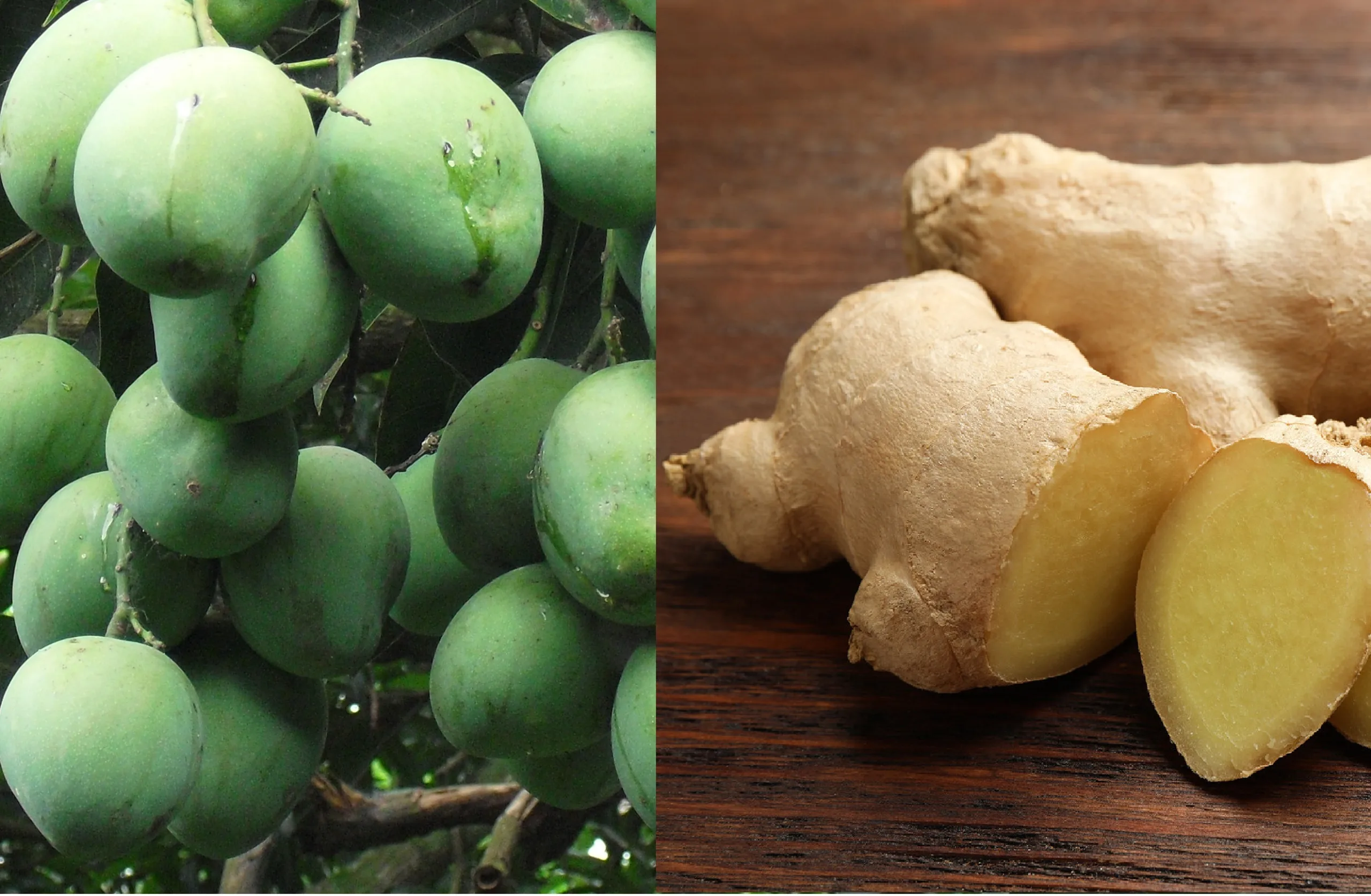Rise Against Cancer: Discover the Healing Potential of Aloe, Ginger, and More

Cancer is a complex disease characterized by the uncontrolled growth of cells that can invade and damage surrounding tissues. It can originate in any part of the body, and as our cells age or become damaged, they typically die and are replaced by new ones.
However, cancer disrupts this natural cycle, leading to the proliferation of abnormal cells. While conventional treatments like chemotherapy and radiation are widely used, there is growing interest in herbal remedies that may support cancer prevention and treatment.
Understanding Cancer and Its Mechanisms
Cancer arises when genetic mutations occur in cells, causing them to bypass the normal regulatory mechanisms that control cell division and death.
These mutations can be triggered by various factors, including environmental toxins, lifestyle choices, and genetic predispositions. As these malignant cells multiply, they can form tumors or spread to other parts of the body through the bloodstream or lymphatic system.
The quest for effective cancer treatments has led researchers to explore natural compounds found in herbs and plants. Many of these substances possess antioxidant properties that can help combat oxidative stress—a significant contributor to cancer development.
Herbal Treatments for Cancer
Recent studies have highlighted certain herbs that may play a role in cancer prevention and treatment. Here’s a look at some key ingredients that have shown promise:
- Aloe Vera
Aloe vera is well-known for its soothing properties but also contains compounds that may inhibit cancer cell growth. Its anti-inflammatory properties can support overall health, making it a valuable addition to a cancer-fighting regimen.
- Ginger
Ginger is not only a popular culinary spice but also a powerful anti-cancer agent. It contains gingerol, which has been shown to reduce inflammation and inhibit tumor growth. Regular consumption of ginger can enhance the immune system and improve overall health.
- Pineapple
Pineapple is rich in bromelain, an enzyme known for its anti-inflammatory properties. Some studies suggest that bromelain may enhance the effectiveness of chemotherapy while reducing side effects, making pineapple a beneficial fruit for those undergoing cancer treatment.
- Soursop
Soursop (or Graviola) has gained attention for its potential anti-cancer properties. Preliminary studies indicate that compounds found in soursop may selectively kill cancer cells without harming healthy ones. However, more research is needed to fully understand its effects.
Preparation of Herbal Juice
Combining these ingredients into a juice can create a potent drink aimed at supporting health during cancer treatment:
Ingredients:
- 1 aloe vera leaf
- 2 to 3 large fresh ginger roots
- 1 pineapple
- 1 soursop fruit
Preparation Steps:
- Wash all ingredients thoroughly, ensuring that any dirt or contaminants are removed.
- Prepare the aloe vera by removing the thorns and extracting the sticky juice.
- Peel and chop the pineapple into manageable pieces.
- Peel and slice the ginger.
- Remove the skin from the soursop and cut it into pieces.
- Blend everything together until you achieve a smooth mixture.
- Strain the juice through a fine mesh or cheesecloth to remove pulp.
- Consume one cup in the morning and one cup in the evening for two months.
After this period, it’s advisable to undergo medical re-evaluation to assess any changes in health status.
The Role of Herbal Remedies in Cancer Treatment
While herbal treatments can complement conventional therapies, they should not replace them. It’s essential for individuals to consult healthcare professionals before starting any new treatment regimen, especially when dealing with serious conditions like cancer.
Potential Benefits:
- Enhanced Immune Function: Many herbs can stimulate immune responses, potentially improving outcomes during treatment.
- Reduction of Side Effects: Certain herbs may alleviate symptoms associated with chemotherapy or radiation therapy.
- Supportive Care: Herbal remedies can promote overall well-being by reducing inflammation and oxidative stress.
Conclusion
The exploration of herbal remedies as adjuncts to conventional cancer treatments is an exciting field with potential benefits for patients seeking holistic approaches to their health care.
While further research is necessary to establish definitive links between these herbs and cancer prevention or treatment, incorporating natural ingredients like aloe vera, ginger, pineapple, and soursop into one’s diet may offer supportive benefits during challenging times.
In summary, while we continue to seek effective treatments for cancer through traditional medicine, integrating herbal remedies could provide additional support for those navigating this complex disease landscape.
Always remember to prioritize open communication with healthcare providers when considering any new treatment options.


